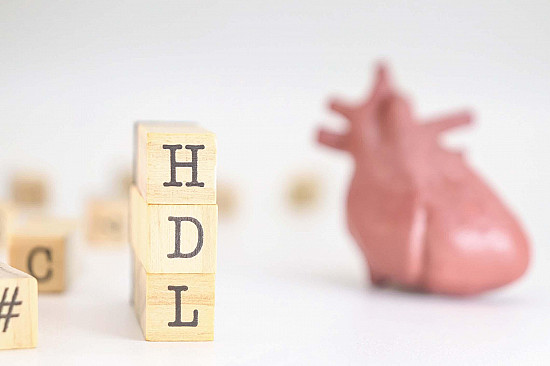Statin side effect could be due to the "nocebo" effect
In the journals
People who are worried about statins because of possible side effects may experience what's called the "nocebo effect" when they try taking the drugs. This is the opposite of the placebo effect; with the nocebo effect, people who have negative expectations about medicine or a treatment experience harmful symptoms they otherwise wouldn't have.
Researchers recruited 60 people, average age 66, who had previously stopped statins after two weeks because of side effects. For one month each, they took 20 milligrams of atorvastatin (Lipitor), a placebo, or no pill. They then continued this monthly rotation for a year without knowing which pill was which.
The participants recorded their daily symptoms. Symptom scores ranged from zero (no symptoms) to 100 (extremely severe). People whose symptoms became too intense could discontinue the pill for that month. After a year, the researchers found that 90% of the symptoms people recorded when taking statins were also present when they took the placebo.
Once the group was shown these results and saw their nocebo response, half felt confident to restart statins and were able to tolerate them. This suggests that many people who have stopped taking a statin due to side effects might have been experiencing the "nocebo effect" and be able to resume statin treatment. The results were published Nov. 15, 2020, in The New England Journal of Medicine.
Image: rogerashford/Getty Images
Disclaimer:
As a service to our readers, Harvard Health Publishing provides access to our library of archived content. Please note the date of last review or update on all articles.
No content on this site, regardless of date, should ever be used as a substitute for direct medical advice from your doctor or other qualified clinician.
















